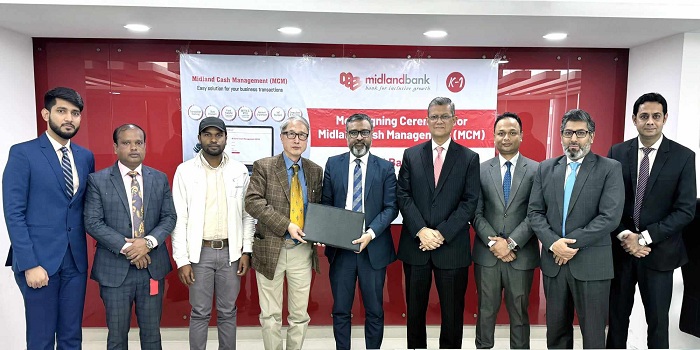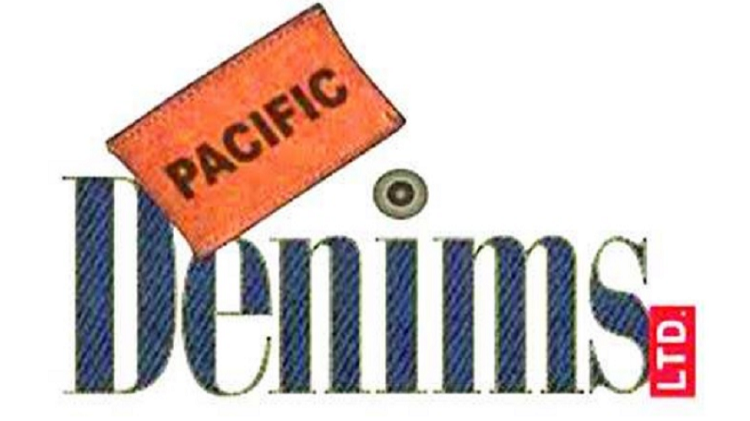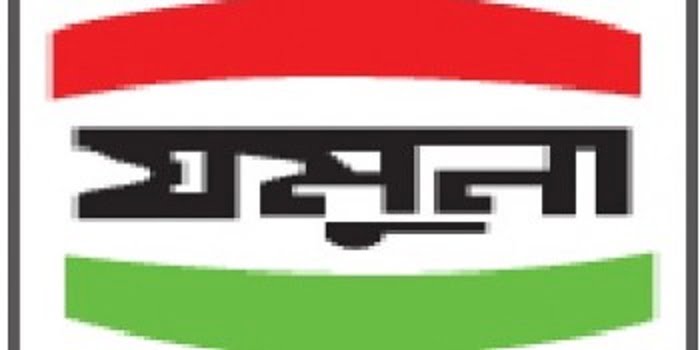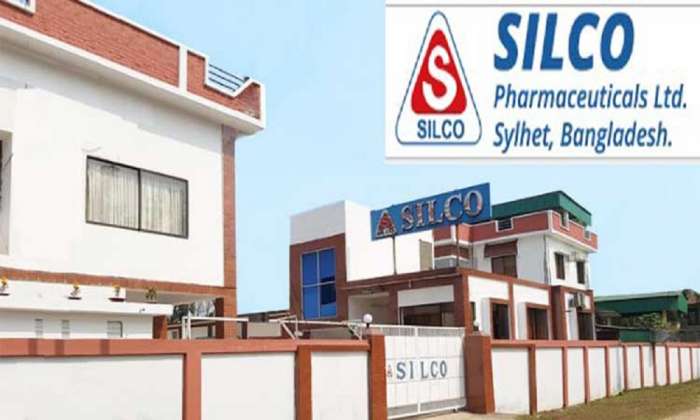EPS of 35 out of 48 listed RMG sector cos fall

Earnings per share of 35 out of 48 export-oriented publicly traded textile and apparel companies at Dhaka Stock Exchange have registered fall in the first half of the current fiscal as export earnings have been on the decline.
There are 56 export oriented textile, garment and accessories companies listed with the country’s premier bourse Dhaka and Chittagong Stock Exchanges.
Of the total traded companies, 48 manufacturers disclosed earnings for the first half of current fiscal year, of which 35 or 72.93% registered negative growth in EPS compared to same period a year ago, DSE data show.
Sluggish exports coupled with high utility charges have brought down the companies’ EPS, industry people say.
According to Export Promotion Bureau (EPB) data, during July-January period of the current fiscal year, Bangladesh’s exports earnings from the apparel sector witnessed a 5.71% decline to $19.06 billion.
Apparels had earned $20.22 billion during the same period last year.
Stock market analysts and economists also raise questions about the transparency of financial reports of the companies.
If the EPS of textile and apparel companies continue to decline, investors will lose interest in the sector and feel reluctant to invest in the upcoming Initial Public Offering (IPO) companies fearing losses.
What sector people say
“International trade and commerce is passing a critical time. In the last couple of years, the country’s apparel sector witnessed hike in production cost due to rise in tariff of utility services but buyers did not increase prices of goods,” Abdus Salam Murshedy, managing director of publicly traded Envoy Textile, told Dhaka Tribune.
According to Bangladesh Garment Manufacturers and Exporters Association (BGMEA), apparel sector production costs went up by almost 29.40% in the last four years.
Industry people have long been seeking devaluation of currency to improve competitive edge.
“Despite lots of incentives and policy support, the sector is failing to overcome the dullness. This is due to appreciation of taka against US dollar, which eating up our competitiveness in the global market,” Bangladesh Knitwear Manufacturers and Exporters Association (BKMEA) first vice president Mohammed Hatem said.
The government should rethink the exchange rate and offer a special rate on the amount of value addition, added the business leader.
Misuse of bonded warehouse facilities is another reason, which dents the demands for local yarn and fabrics.
“Some of the export-oriented apparel makers sell fabric and yarn in the local market illegally, which is imported duty free under bonded warehouse facility,” Khorshed Alam, owner of Little Star Spinning Mill, said.
“Local millers, as a result, have to sell at lower price, while there is unsold stock,” he mentioned.
Internal factors
Some internal factors may have played a role in the negative EPS.
“Slower exports earnings have an effect on negative EPS but some external factors should be taken into consideration such transparency of financial report,” Centre for Policy Dialogue (CPD) Research Director Khondaker Golam Moazzem told Dhaka Tribune.
Situation may worsen
Sector people fear further deterioration in the apparel sector, adversely impacting the EPS of the listed companies.
“Amid a gloomy outlook for the country’s apparel sector, the government has increased the prices of electricity, another blow to the production cost, which already increased manifold,” said Anwar-Ul Alam Chowdhury Parvez, chairman director of Argon Denims Limited.
On Thursday, Bangladesh Energy Regulatory Commission (BERC) again increased the prices of electricity for retail consumers by 5.3% to Tk7.13 per unit and bulk consumers by 8.4% to Tk5.17 a unit, effective from March 1. Report dhakatribune










